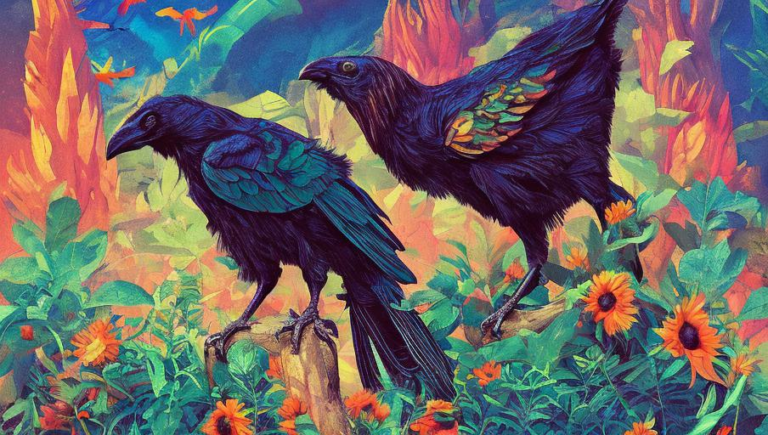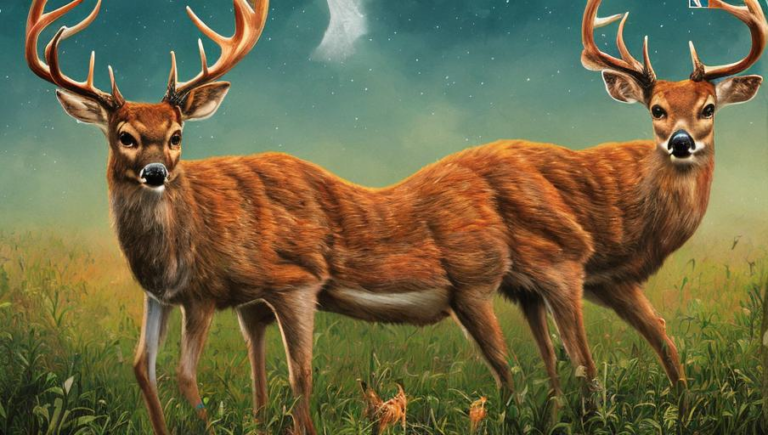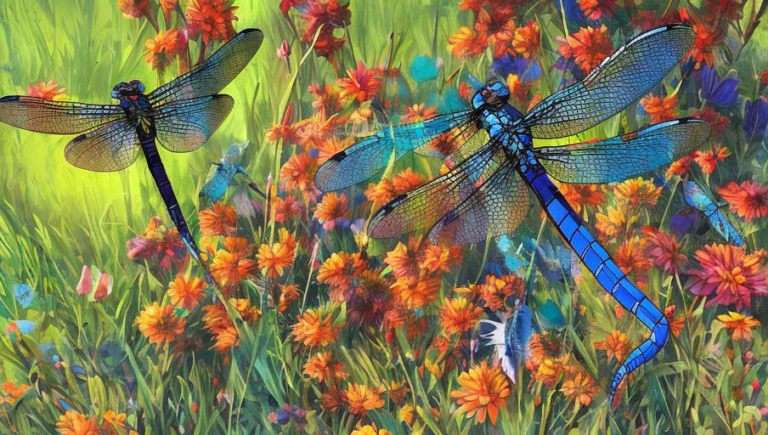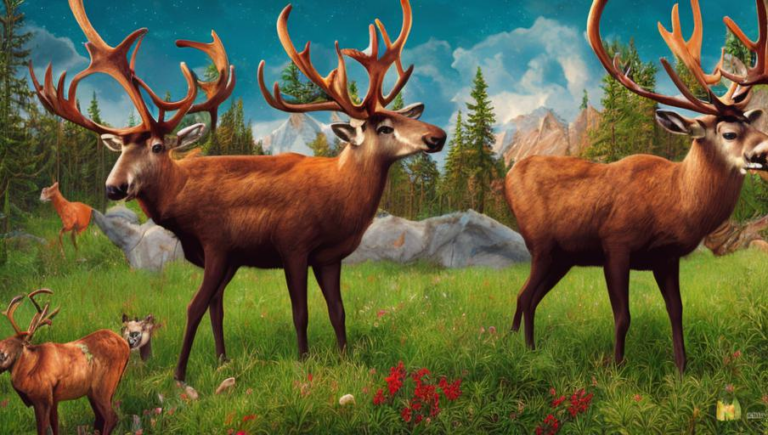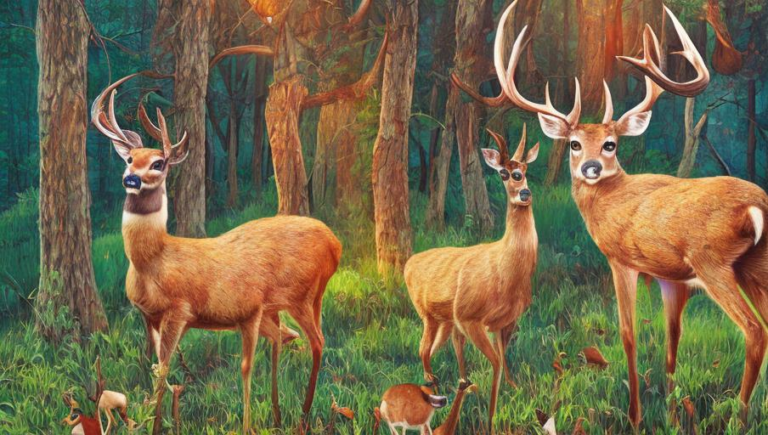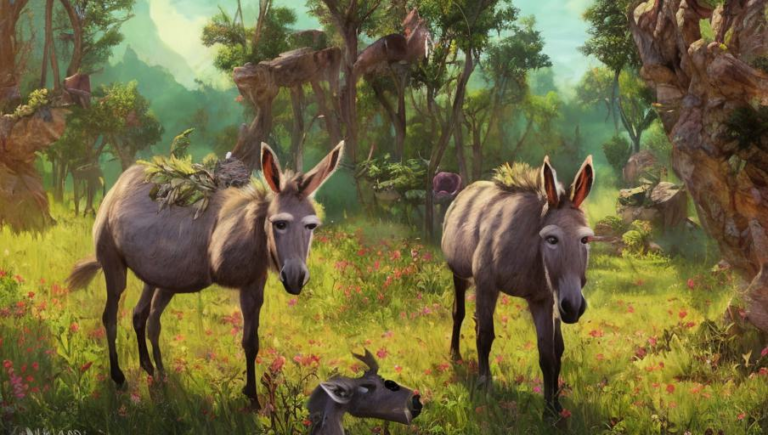Living Dangerously: Ants and Their Predators
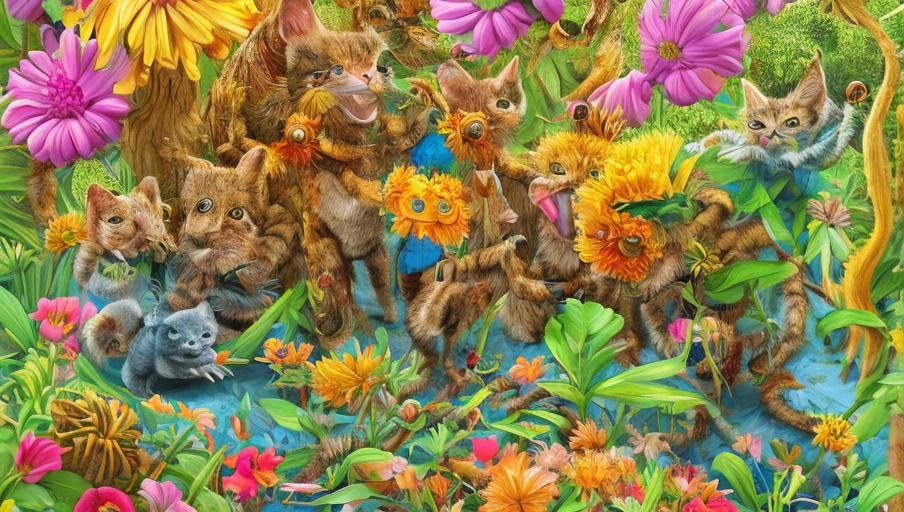
Living Dangerously: Ants and Their Predators
Ants are some of the most resilient creatures on Earth, able to survive in almost any environment. They are also incredibly successful hunters, but they are not without their predators. A wide range of animals, from the smallest birds to the largest mammals, rely on ants as a major source of food. Understanding the predators of ants can help us better protect these resilient creatures.
Insect Predators of Ants
Insects are the most common predators of ants. Many species of ants are preyed upon by wasps, bees, and hornets. Wasps will often capture ants to feed to their larvae, while bee and hornet species will use ants as a source of nutrition for themselves. Some species of ants are also preyed upon by beetles and other insects.
Vertebrate Predators of Ants
Vertebrates such as birds, reptiles, and mammals are also known to prey upon ants. Birds are some of the most common predators of ants, as they can easily access the colonies located near the ground. Reptiles such as lizards, skinks, and snakes will also feed on ants. Finally, mammals such as rodents, badgers, and even bears will hunt ants to supplement their diets.
Ant Defenses Against Predators
Ants use a variety of defensive strategies to protect themselves from predators. The most common defense is their hard exoskeleton, which can help protect them from many predators. Ants also use chemical and mechanical defenses such as stingers, biting jaws, and chemical sprays to deter predators. Additionally, some species of ants are able to produce sounds that can startle and confuse their predators.
The Importance of Ant Predators
Ant predators help to keep ant populations in balance, preventing them from becoming overabundant. Without predators, ant populations can become so large that they can cause environmental damage, such as destroying crops or taking over habitats. Predators also help to keep ant populations healthy by removing weak or sick individuals, which helps to keep the population healthy.
Protecting Ants From Predators
We can take steps to help protect ants from predators. For one, we can create habitat for ants that is free from predators. This can be done by creating gardens and parks that are free from predatory mammals and reptiles, and creating structures that are inaccessible to birds. Additionally, we can help to protect ant colonies from predation by removing any potential sources of food near their colonies, as this can attract predators.
Conclusion
Ants are incredibly resilient creatures, but they are not without their predators. Understanding the predators of ants and how to protect them can help us to better protect these amazing creatures. By creating environments free from predators and removing potential sources of food, we can help to ensure that ants remain a part of our natural world for many years to come.
